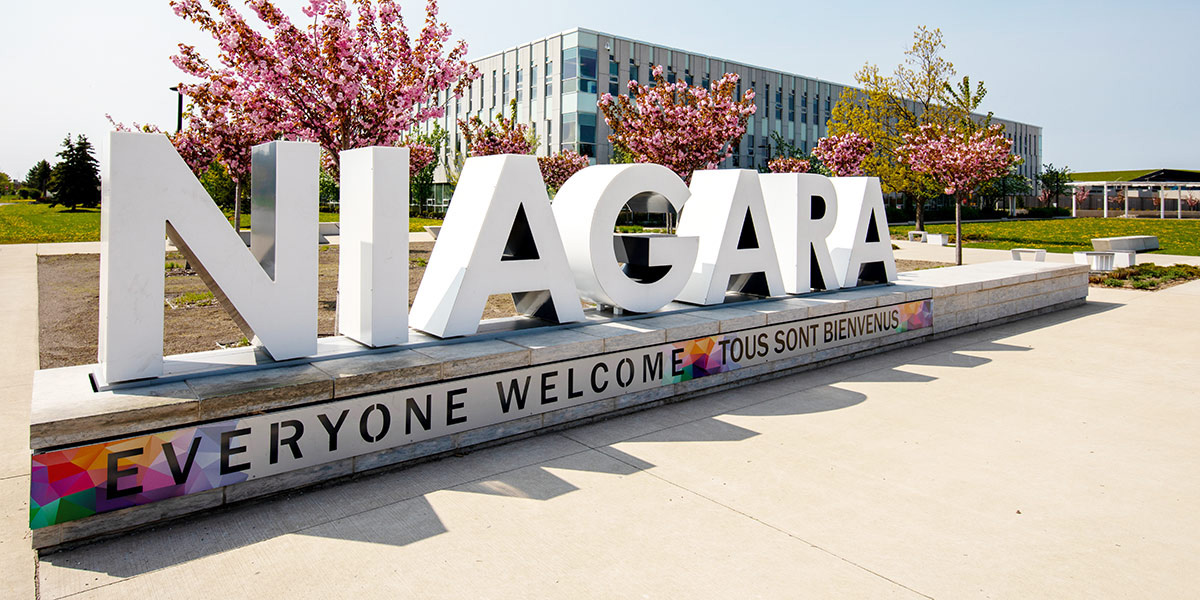In this edition:
- Minister asks legislative committee to review Niagara government
- Federal government will remove GST on new rental housing builds, senior source says
- Most wholesale sectors post monthly decline, but surge in auto sector drives overall increase
- Strong mayor powers could add up to problems, St. Catharines councillors fear
- Gates launching bill to end 6.1% tax on Ontario wines
- BMO, KPMG, Hydro One among newly-certified Progressive Aboriginal Relations businesses
- Reading Recommendations: Equity, Diversity & Inclusion

Minister asks legislative committee to review Niagara government
A review of Niagara’s government structure could be headed to an Ontario legislative committee instead of placed in a facilitator’s hands.
Municipal Affairs and Housing Minister Paul Calandra announced Wednesday he has requested the standing committee on heritage, infrastructure and cultural policy take over the work originally proposed for facilitators.
The request comes two days after Calandra said he would pause the facilitator process being rolled out by the province to assess it.

Federal government will remove GST on new rental housing builds, senior source says
Prime Minister Justin Trudeau will announce Thursday that Ottawa is removing the GST on construction of new rental apartment buildings, according to a senior government source.
The source spoke on the condition of anonymity to discuss matters that were not yet public.
The change would lower the cost of labour and materials for homebuilders, and is one of the components of an affordability announcement Trudeau was set to make in the afternoon, the source said.

Most wholesale sectors post monthly decline, but surge in auto sector drives overall increase
Wholesale sales (excluding petroleum, petroleum products, and other hydrocarbons and excluding oilseed and grain) grew 0.2% to $81.3 billion in July. Despite the majority of subsectors reporting a monthly decline, it was the increase of sales in the motor vehicle and motor vehicle parts and accessories subsector and the building material and supplies subsector that drove the overall sector to an increase. On an annual basis, wholesale sales (excluding petroleum, petroleum products, and other hydrocarbons and excluding oilseed and grain) were up 1.1%.

Strong mayor powers could add up to problems, St. Catharines councillors fear
St. Catharines city councillors raised concerns again about the province’s new ‘strong mayor’ powers after hearing a presentation on how the legislation impacts the municipality’s budgeting process.
The powers, bestowed by the province on dozens of Ontario cities, has the stated aim of giving heads of council additional tools to “cut red tape” to get more homes built faster.
But council heard Monday when it comes to city finances, the mayor now has to present the operating, capital, water and wastewater budgets, meet certain timelines and has been given veto powers over amendments — prompting councillors to ask how any of that relates to constructing more homes.
Niagara New Democrat MPP Wayne Gates is reintroducing legislation to cancel the basic tax charged on Ontario wines, a move the wine industry has been aggressively lobbying the Doug Ford government to make.
The bill would create an exemption for VQA and 100 per cent Ontario wine from the 6.1 per cent tax collected on wine sold at winery retail stores in the province.
“The wine industry is an incredibly important part of our community here in Niagara and the economic impact of COVID-19 has dealt a massive blow,” Gates said in a news release.
BMO, KPMG, Hydro One among newly-certified Progressive Aboriginal Relations businesses
The Canadian Council for Aboriginal Business (CCAB) announced today that 24 prominent Canadian corporations will be recognized at the West Coast Business Forum Award Dinner, being held October 19, for achieving certification in Progressive Aboriginal Relations™ (PAR).
Over 200 companies participate in PAR, a CCAB certification program that confirms corporate performance in Indigenous relations. PAR Certified Companies undergo rigorous independent certification to confirm they are acting to establish strong and on-going working relationships that create wealth for Indigenous businesses and communities.
“We are proud that a growing number of companies have committed to working collaboratively across cultures for progressive Indigenous relations,” said CCAB President & CEO Tabatha Bull. “This dedication advances economic reconciliation by providing opportunities for the employment of Indigenous peoples into all levels of positions, including leadership and executive opportunities. It also promotes the involvement of Indigenous companies in their supply chains and creates partnerships with Indigenous communities for a stronger Canadian economy.”
Did you know?
More than 180 million people in the world work in construction.
Focus on Equity, Diversity & Inclusion
Supporting Indigenous businesses is an essential pathway to healing Canada’s relationship with Indigenous peoples
Through the Daily Updates, the GNCC aims to deliver important business news in a timely manner. We disseminate all news and information we feel will be important to businesses. Inclusion in the Daily Update is not an endorsement by the GNCC.





